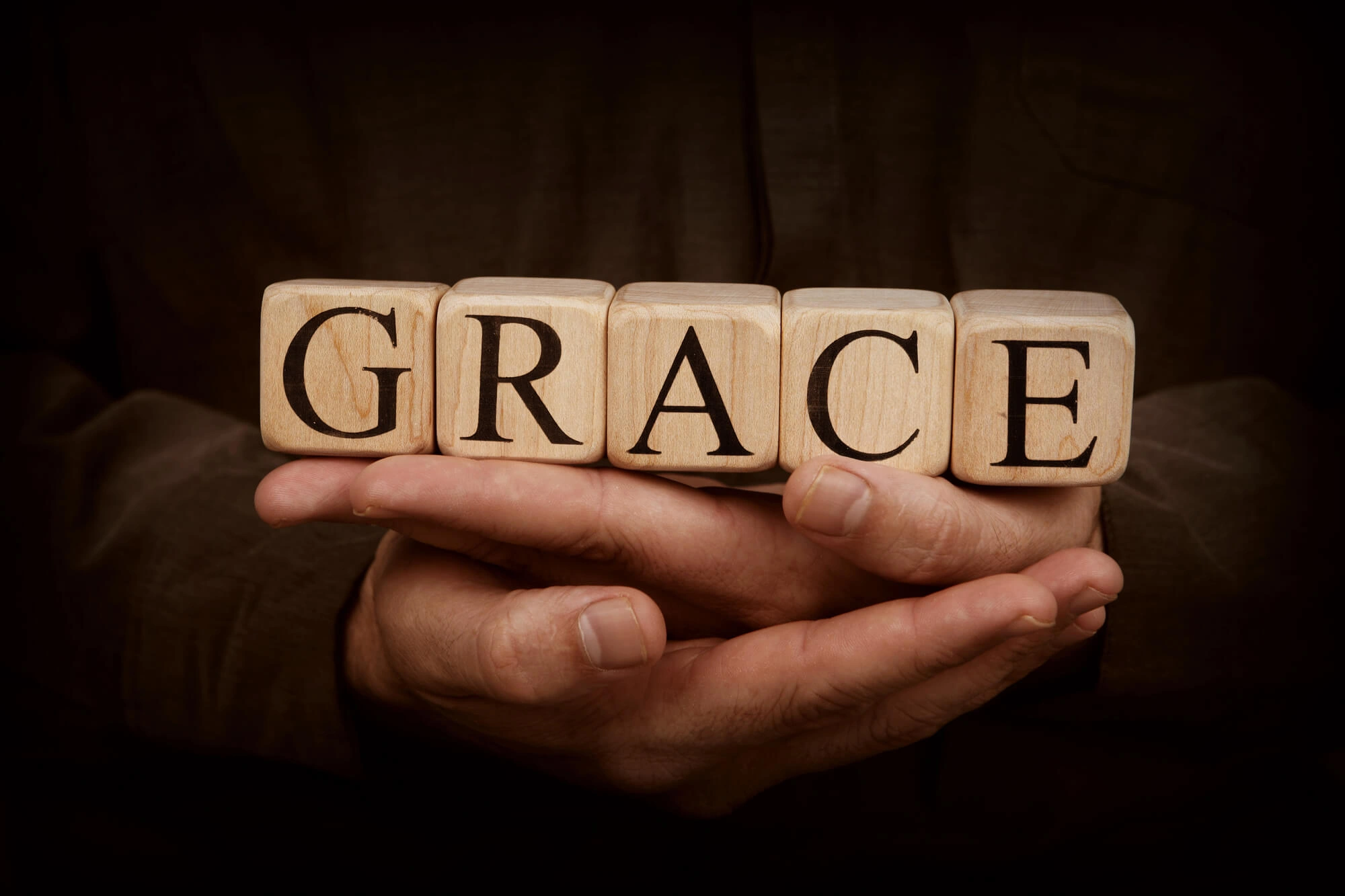
What Did Bonhoeffer Mean by ‘Costly Grace’?
When people talk about grace, they often envision something comforting, such as an open door, a warm invitation, or a pardon freely given. Grace is all of those things. But Dietrich Bonhoeffer, the German pastor and theologian, warned Christians about the dangers of a diluted, effortless version of grace. He called it “cheap grace.”
In contrast, he offered the concept of “costly grace”—a grace that calls us into deep commitment and obedient faith. Bonhoeffer’s teaching has stirred generations of Christians to examine how they live out their faith.
His message remains strikingly relevant today, especially for those seeking to understand what it means to live a faithful life. You can still hear echoes of his theology in the teachings of faith, particularly in the faith of a Lutheran in West Palm Beach, as well as in other churches dedicated to grounding their members in truth.
.webp)
What Is “Costly Grace”?
Bonhoeffer introduced the term in his book The Cost of Discipleship, which contrasts costly grace with what he saw as the prevailing view of easy, no-strings-attached Christianity. Costly grace, he argued, is the grace of the Gospel—but it comes at a price.
Grace That Cost God Everything
The central idea behind costly grace is this: grace is free, but it is not cheap. It cost God the life of His Son. To treat it lightly is to misunderstand the depth of God’s mercy and the seriousness of sin. Bonhoeffer pointed to Jesus’ death on the cross as the ultimate act of love and sacrifice. Accepting that gift involves more than acknowledgment—it invites transformation.
A Call to Follow, Not Just Believe
Costly grace demands a response. For Bonhoeffer, the Christian life isn’t passive. It requires action—taking up one’s cross and following Christ. That means choosing obedience, even when it's uncomfortable or risky. It means faith isn’t only a belief system but a lived-out reality. Following Christ will cost your comfort, pride, and sometimes even your reputation.
Cheap Grace: The Dangerous Alternative
Bonhoeffer described cheap grace as grace without discipleship, forgiveness without repentance, baptism without community, and communion without confession. In other words, it’s accepting God’s gifts without a change in heart or life. He viewed cheap grace as a threat to the church because it allowed believers to remain spiritually complacent.
Grace in Community
Costly grace isn’t meant to be lived out alone. Bonhoeffer emphasized Christian community as a necessary part of the discipleship journey. The church should be a place where grace is not just received but lived. Through mutual encouragement, accountability, and service, believers help one another walk the narrow path.
Why It Still Matters
In a culture where convenience often wins, Bonhoeffer’s message stands out. His life—cut short by his execution in a Nazi prison—adds weight to his words. He didn’t just write about grace; he lived it. His understanding challenges us to ask: What does grace look like when it shapes your decisions, your values, and your willingness to suffer for Christ?
.webp)
The Importance of Faith of a Lutheran in West Palm Beach
Congregations continue to honor the kind of discipleship Bonhoeffer described, where grace is cherished, not taken for granted. Through Scripture, worship, and service, members are encouraged to live lives that reflect both the gift and the call of grace. It’s not about earning God’s love but responding to it with reverence and courage.
If you’re seeking a church that values thoughtful theology, real-life discipleship, and the joy of community, First Evangelical Lutheran Church invites you to visit. You’ll find a place where grace is not only taught—it’s practiced. Whether you’re new to faith or looking to deepen your walk, our doors are open. Contact us today.
Related Newsletter

What Luther Meant by ‘Baptized and Set Free’

“Come and See”: How to Invite a Friend to a Church Event Without Feeling Awkward

Mentoring the Next Generation: Why Older Women Still Matter in the Church


.png)